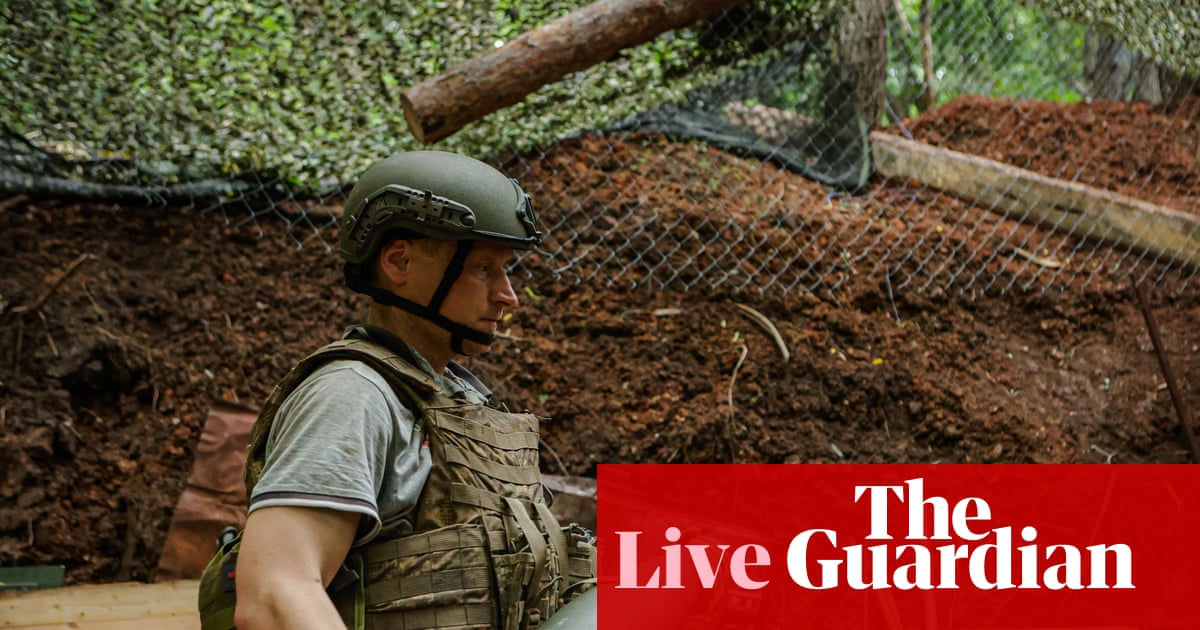EU Imposes New Sanctions on Russia Amid Ongoing Ukraine Conflict
The European Union has enacted stringent sanctions against Russia, targeting energy revenues and banning key pipelines in response to the Ukraine war.
Subscribe to unlock this story
We really don't like cutting you off, but you've reached your monthly limit. At just $5/month, subscriptions are how we keep this project going. Start your free 7-day trial today!
Get StartedHave an account? Sign in
Overview
- The European Union has introduced new sanctions against Russia, focusing on energy revenue and a shadow fleet.
- This sanctions package is one of the strongest the EU has implemented in response to the Ukraine conflict.
- French President Macron and Ukrainian President Zelenskyy have expressed support for the new sanctions.
- Key measures include banning Nord Stream pipelines and setting a lower oil price cap on Russian exports.
- The sanctions aim to pressure Russia economically and politically amid its ongoing military actions in Ukraine.
Report issue

Read both sides in 5 minutes each day
Analysis
Sources present a neutral and objective account of the EU's new sanctions against Russia. The reporting focuses on factual details of the measures, their stated aims, and the challenges in their implementation. It avoids loaded language or selective emphasis, instead providing context on the economic impact and international efforts without pushing a particular narrative or emotional stance.
Articles (3)
Center (1)
FAQ
The sanctions include banning transactions with Russia's Nord Stream gas pipelines, additional sanctions on more than twenty Russian banks, and a lower oil price cap from sixty dollars to forty-five dollars.
The sanctions effectively end involvement with the Nord Stream pipelines, signaling a decisive move away from Russian energy sources.
The loss of Russian gas has severe economic consequences, including reduced GDP and increased energy costs. For Germany, it could lead to GDP reductions of 1.5% in 2022 and 2.7% in 2023.
History
- This story does not have any previous versions.

